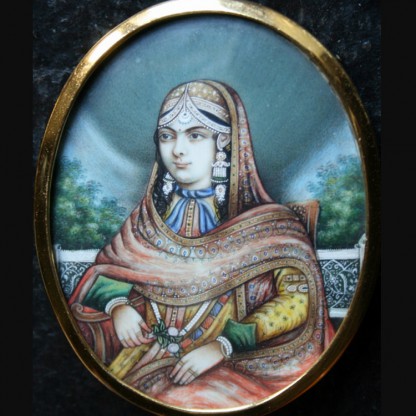William's elder brother, the Prince of Wales, had been Prince Regent since 1811 because of the mental illness of their father, George III. In 1820, the King died, leaving the Crown to the Prince Regent, who became George IV. william, Duke of Clarence, was now second in the line of succession, preceded only by his brother, Frederick, Duke of York. Reformed since his marriage, william walked for hours, ate relatively frugally, and the only drink he imbibed in quantity was barley water flavoured with lemon. Both of his older brothers were unhealthy, and it was considered only a matter of time before he became king. When the Duke of York died in 1827, william, then more than 60 years old, became heir presumptive. Later that year, the incoming Prime Minister, George Canning, appointed him to the office of Lord High Admiral, which had been in commission (that is, exercised by a board rather than by a single individual) since 1709. While in office, william had repeated conflicts with his Council, which was composed of Admiralty officers. Things finally came to a head in 1828 when, as Lord High Admiral, he put to sea with a squadron of ships, leaving no word of where they were going, and remaining away for ten days. The King, through the Prime Minister, by now Arthur Wellesley, 1st Duke of Wellington, requested his resignation; he complied.





















